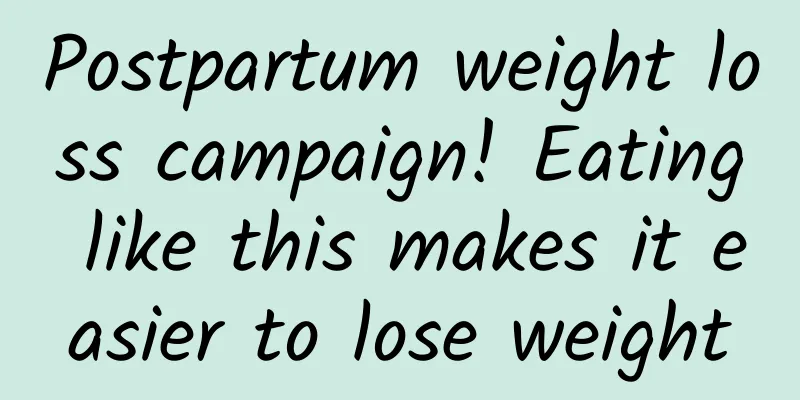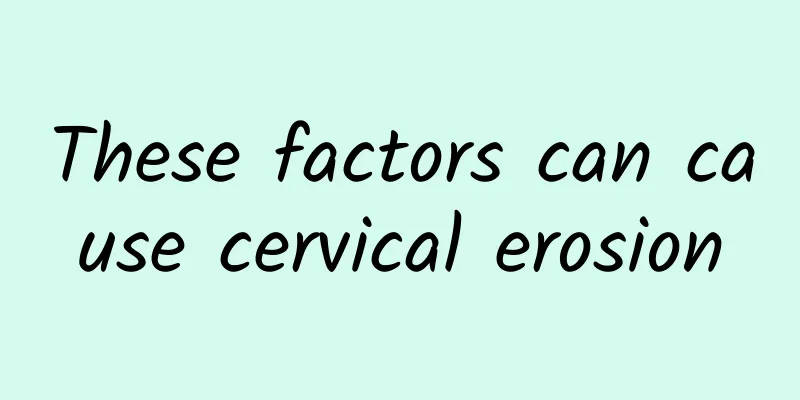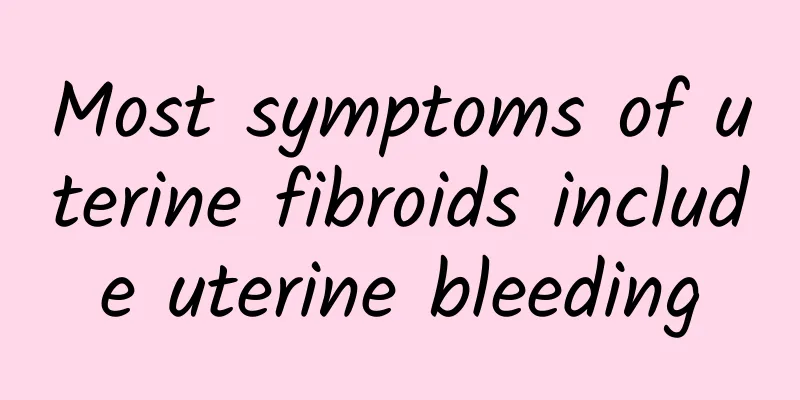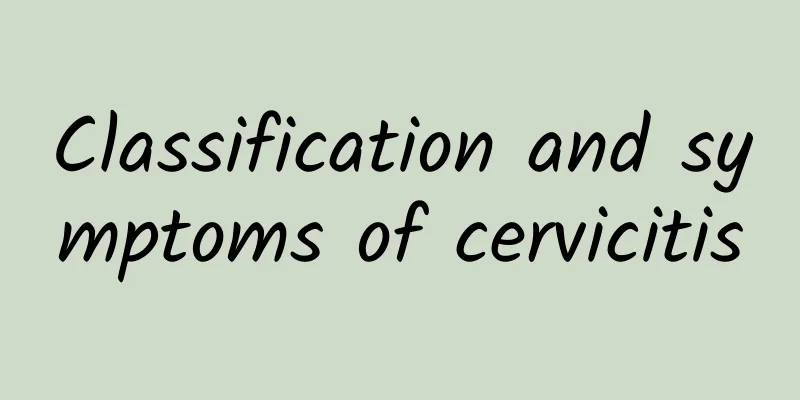What to eat less during menstruation

|
Lack of menstruation is a minor annoyance that many female friends may encounter. In fact, dietary adjustments can help improve this problem to a certain extent. What should you eat when you have a lack of menstruation? Let's take a look. Iron-rich foods are a good choice. Iron is an important element for blood production, and scanty menstruation is sometimes related to insufficient iron in the body. You can eat more iron-rich foods, such as red meat, animal liver, spinach and other vegetables. The iron in red meat is heme iron, which has a higher absorption rate, while the non-heme iron in green leafy vegetables such as spinach can also help supplement iron. In order to better absorb iron, it is also a good idea to pair it with foods rich in vitamin C, such as oranges, lemons and other fruits. Foods rich in vitamin B are also helpful in regulating menstruation. Vitamin B6 and B12 are involved in the production of red blood cells and help maintain a normal menstrual cycle. You can increase the intake of eggs, milk, whole grains, nuts and other foods in moderation. The B vitamins and dietary fiber in whole grains help regulate hormone levels and have a certain effect on alleviating oligomenorrhea. Don't forget healthy fats. Healthy fats can help maintain the balance of female hormones and promote normal menstruation. Unsaturated fatty acids contained in foods such as nuts, seeds, and fish are a good choice. In particular, Omega-3 fatty acids in deep-sea fish have anti-inflammatory effects and are beneficial for hormone regulation. Of course, it is also very important to drink enough water. Water helps maintain the body's normal metabolism and helps excrete excess waste from the body. Ensure adequate water intake every day to avoid physical discomfort caused by lack of water. It is also important to maintain a good lifestyle. Regular work and rest, moderate exercise and a good mental state are all indispensable factors for regulating menstruation. Diet is only one aspect of improving oligomenorrhea. If oligomenorrhea occurs for a long time, it is best to consult a doctor and seek professional medical advice. I hope these dietary suggestions can help you make your "little days" every month more comfortable. |
>>: What are the symptoms of premenopause?
Recommend
There are many factors that lead to ectopic pregnancy in women.
The occurrence of female ectopic pregnancy is cau...
How is pelvic inflammatory disease diagnosed?
I believe everyone is familiar with pelvic inflam...
Skipping breakfast can lead to irregular menstruation
In clinical diagnosis, it is found that many wome...
Postpartum fruit bomb: avoid these five high-sugar fruits
During the confinement period, mothers emphasize ...
What causes adenomyosis?
The development of adenomyosis and adenomyomas is...
Research progress on the causes of missed abortion
Missed abortion is a special type of spontaneous ...
Will the stomach hurt after miscarriage? Check out the following content
Women must take good care of themselves in the ea...
What are the early symptoms of ovarian cysts?
What are the early symptoms of ovarian cysts? Are...
What is the malignant development of uterine fibroids? What are the characteristics of malignant uterine fibroids?
What is the malignant development of uterine fibr...
Several dangers of dysmenorrhea that female friends need to keep in mind
Clinically, the harm of dysmenorrhea is not just ...
Foodies must know: 5 tips for hunting high-calorie foods at night markets
"Nai Night Market" is an activity that ...
How to improve abnormal leucorrhea
Abnormal vaginal discharge may be related to gyne...
How to care for Bartholinitis
How to take care of yourself if you have Bartholi...
Is cervical erosion surgery painful?
Cervical erosion is an old name, and now it is cl...
The pathogenesis of anovulatory functional uterine bleeding in adolescence
Most cases of anovulatory functional uterine blee...









